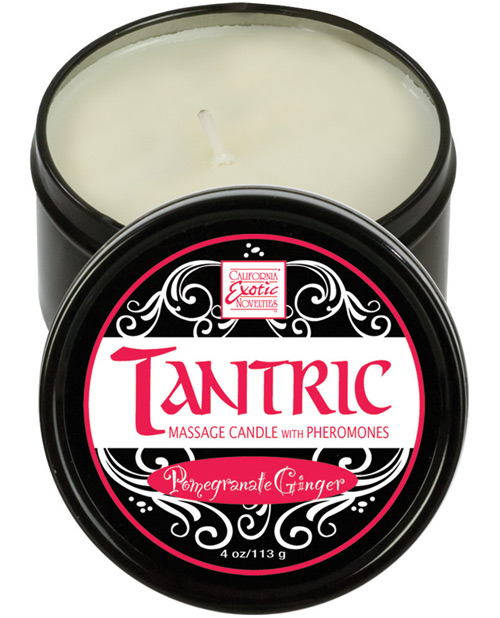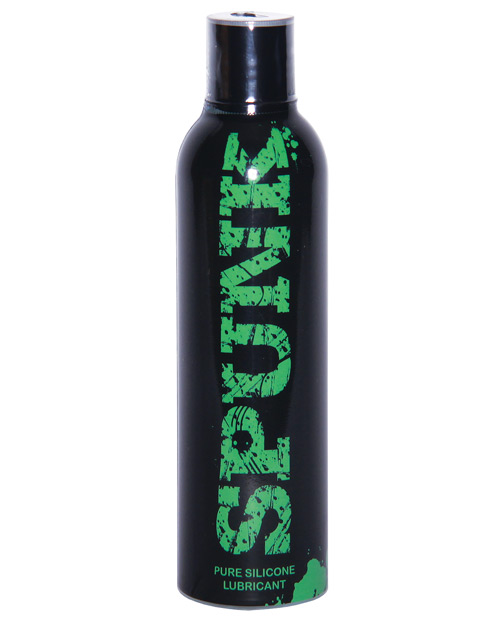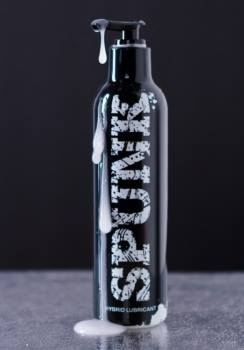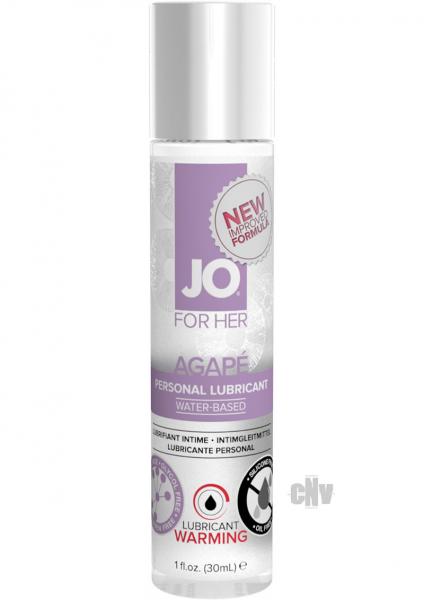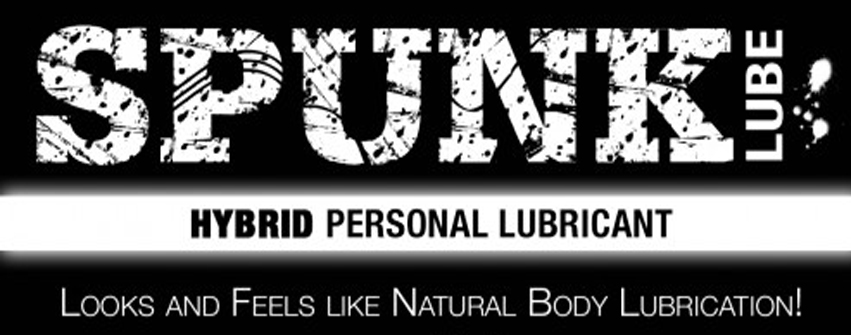Lube: The Why, What and How!
Kimberly, Owner Devier Boutique on 4th Apr 2020

The Slippery Slope
In the past, sex in general was not discussed openly, and the use and necessity of lubricants were considered to be a silent subject. Oftentimes, women felt embarrassed and unwilling to talk candidly about <gasp> vaginal dryness. There were negative opinions about women who used lube, and it was once thought that if a woman experienced dryness, that meant she was either ‘aging’ out of sex, or not attracted to her partner. Let’s debunk that myth.
How Dry I Am
There are many physical and psychological reasons why a woman may experience vaginal dryness. It’s a very common problem affecting over half of menopausal women and 17% of women ages 18-50. According to the Mayo Clinic, reduced estrogen levels are the main cause. Estrogen, a female hormone, helps keep vaginal tissue healthy by maintaining normal lubrication, tissue elasticity and acidity. Estrogen levels can fall for a number of reasons:
- Breast-feeding
- Childbirth
- Cigarette smoking
- Immune disorders
- Menopause/Perimenopause
- Use of anti-estrogen medication
- Hormonal fluctuations
Other causes of vaginal dryness include certain medical conditions, hygiene practices or psychological effects such as:
- Douching
- Sjogren's syndrome
- Antihistamines found in allergy and cold medications
- Lack of foreplay
- Past abuse
- Stress
In recent years, women have become more confident in talking to their Doctors, partners and friends, about their need for lubricants. Not only are products openly marketed to the general population, but there has been a shift in the attitudes of its use and medical benefits. Since women (and men) are feeling empowered by the concept that lubricants can enhance the sexual experience, the industry is on track to become a 188 billion dollar commerce by the year 2024, according to Business Insider.
The Ins and Outs
It can be overwhelming to delve into the multitude of lubricants available today: warming, cooling, tingling, hybrid, natural alternatives for example. But which one is best for you? There’s actually no right answer. One brand does NOT fit all. It’s a personalized decision according to one's own needs and desires. We’ve come up with a few examples of the most popular types and their pros & cons.
Natural Oil-based
Due to the recent studies in holistic health, there are some natural home-based lube alternatives available. Oils such as coconut, avocado, olive and almond have been becoming increasingly popular for use as a lubricant. Coconut oil in its organic form, for example, has established itself as a front-runner for its benefits.
Pros: Preservative free with antimicrobial and antifungal properties. These oils are edible, moisturizing, and wonderful for the skin. They’re also thicker and longer lasting compared to their artificial counterparts.
Cons: Oils in general are not ideal for use on sheets or lingerie. They will stain and can be difficult to wash off easily. Also, as with any oil based lubes, they can weaken the latex in condoms, potentially causing them to break. In some women, oils have the possibility to disrupt the PH balance and cause infection, despite being antimicrobial.
Silicone
Pros: Silicone is hypoallergenic so it may work best with sensitive skin. It’s slick and has the tendency to last longer than its counterparts. Great for use in showers, hot tubs and pools, as it does not break down in water. It’s also convenient, as it can be rejuvenated with a small amount of saliva if necessary.
Cons: Silicone lube is not safe for use with silicone toys or any latex condoms. It will cause a chemical reaction in the composition of the toy and can also cause the condom to become porous and fail.
Water-Based
Depending on age and gender, our bodies are made up mostly of water. This could be one of the reasons why choosing a water based lube has a natural benefit.
Pros: The most popular. Safe to use with latex and non-latex condoms, as well as any sex toys. Water based lubricants will not stain, and are gentle and soothing on skin.
Cons: Easily washes off with water, so not favorable for aquatic play. It evaporates quickly so you may have to reapply it often. Most brands usually contain preservatives that can lead to irritation.
Water Based Hybrids
These are the best of both worlds and a wonderful alternative to pure silicone. They have the benefits of both water and silicone lube in one container. It’s easy to see why they’re my personal favorite and top seller on Devier Boutique.
Pros: Water-based hybrids are not tacky or sticky. They’re safe to use with condoms as well as most sex toys, and can last as long as pure silicone without the need to re-apply. Hybrids are non-staining, versatile, and feel like smooth silk in and on your body. Clean-up is easy with basic soap and water or your favorite toy cleaner.
Cons: Some may contain glycerin, parabens or other preservatives (check the label) that may increase the risk of irritation.
There are other lube choices available depending on what pleasure senses you want to experience.
Warming: These lubes are designed to create a warm feeling during use. Not only are they perfect as a massage oil, they provide lubrication as well as stimulate circulation to your genital area, enhancing your sexual sensation.
Cooling: These lubes typically use ingredients containing mint or menthol to provide the body with a tingling feeling. This is especially beneficial for women who experience diminished sensations in their genital area or have dull nerve endings in their clitoras.
Desensitizing: These lubes are designed for anal play and contain a topical anesthetic. They work by slightly numbing the skin therefore decreasing painful penetration as well as increasing endurance during sex.
If you’re not ready to waste money on a bunch of trial and errors, it is best to ask yourself a few questions to help you decide. First, determine which sensations you would find desirable. Are your favorite toys silicone? Will you be using them in water? Do you have quick access to soap and water? Allergies? Will you need to use condoms? Just some of the basic answers to questions like these can give you the tools needed to start you in the right direction of the luscious life of lube.
Author: Kimberly
Sources:
Mayoclinic.org
markets.businessinsider.com
Womens-health-concern.org
Womenshealthmag.com


